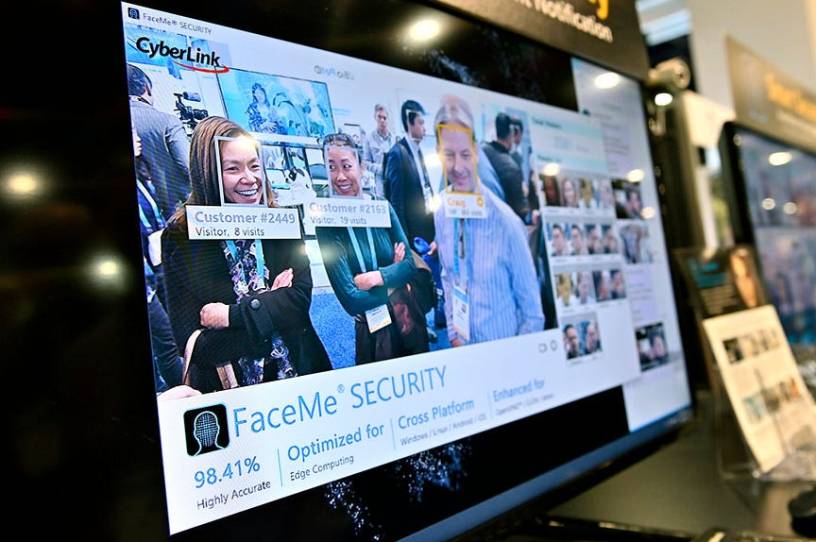Congress Seeks Insight on Handling Sensitive Personal Data

Happy Friday. We hope you have a nice long weekend and a lovely July 4. We won’t be sending you this newsletter on Tuesday, but we’ll be back in your inboxes on Friday next week. (If you want some recommended reading in the meantime, I have 20,000 words for you.)
Examining Biometrics and Privacy
This week, I went to the annual International Religious Freedom Summit and heard from people from all kinds of faiths and backgrounds about persecution around the globe—and how human rights advocates can fight back.
This year’s summit, as usual, focused on a wide range of topics, countries, and religious groups. China loomed large for its ongoing genocide of mostly Muslim ethnic minority groups in the northwest region of Xinjiang, repression in Tibet, crackdown on freedom in Hong Kong, and targeting of Christians, Falun Gong practitioners, and other religious groups.
Underpinning those human rights abuses is China’s sweeping surveillance network. Privacy has always been critical to ensuring religious freedom and freedom of speech. People must be able to speak to each other, practice their faiths, and move freely in their homes and cities without intimidation by government officials. In China, that has long been far from reality: The Chinese government has imposed one of the most far-reaching surveillance regimes in the world, not just in Xinjiang and Tibet, but also in the rest of the country.